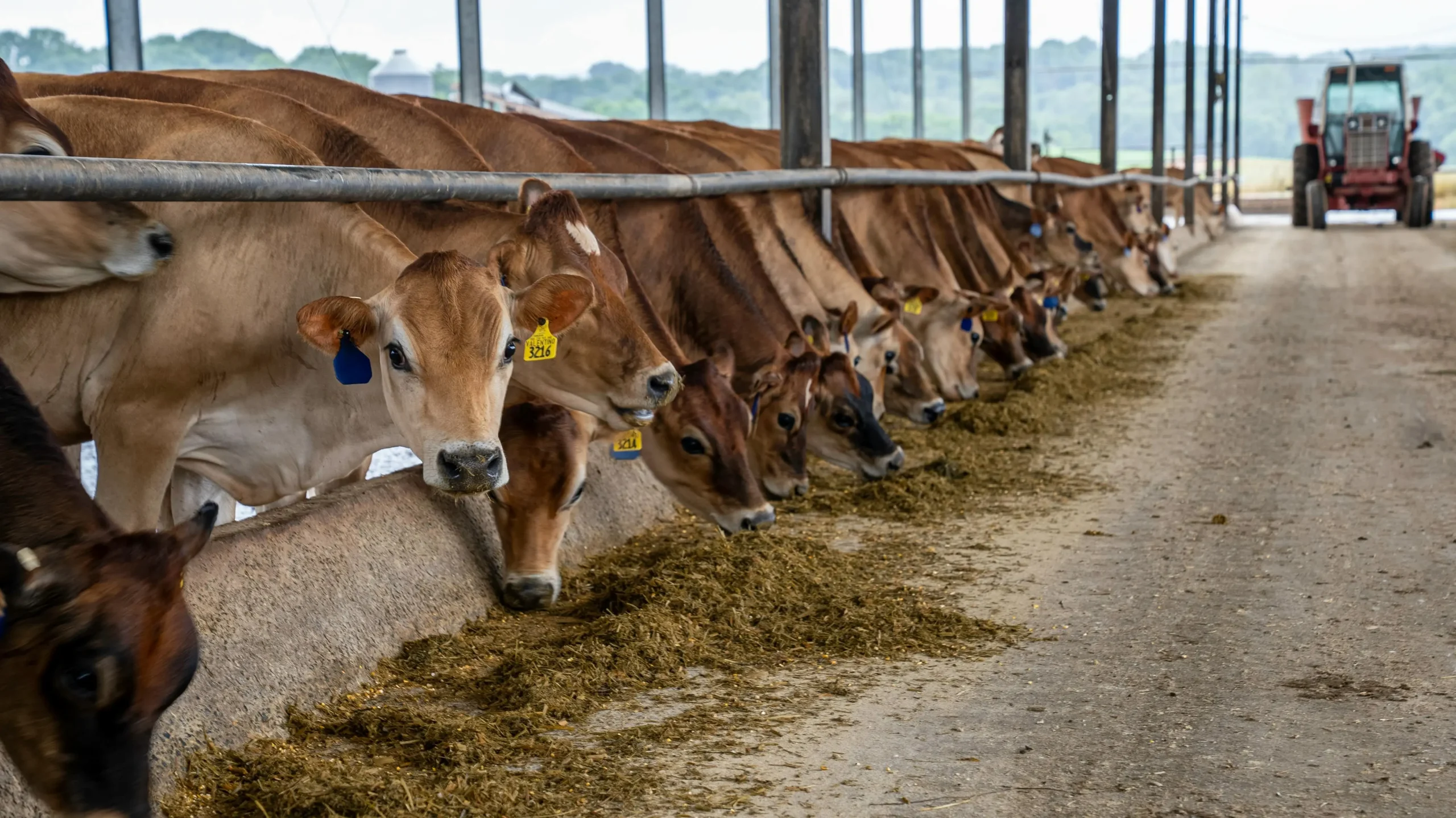Discover techniques to enhance your farming productivity this season.
Your Horse’s Seasonal Menu
Saddling Up for Summer
Summer’s lush pastures provide an abundance of quality forage, reducing the need for significant supplemental feeding. However, you need to monitor your horse’s body condition score to ensure they’re not losing weight. Overly lush pastures can lead to digestive upsets, so it’s crucial to introduce them gradually.
Battling Winter Blues
Winter’s bite presents unique challenges for equine nutrition. Limited grazing and lower quality forage necessitate an increase in caloric intake to maintain body condition. High-quality hay or haylage should form the foundation of your horse’s winter diet. Regular body condition scoring is vital to identify any weight loss early on.

Say It With Me: “Supplement Wisely”
When it comes to adding supplements to your future Seabiscuit’s meals, we always advise ‘keep it simple’. Over-supplementation can lead to imbalances, digestive upset and unnecessary expense. A well-balanced diet, consisting of high-quality forage and a suitable concentrate, should provide most of the essential nutrients your horse needs.
Common Supplements & Appropriate Uses
As said, come rain or shine, you’ll adjust their diet as thei needs dictate. So if you do want to supplement your horse’s diet, here are common types and their use:
- Gastric Support Supplements: Designed to prevent or treat gastric ulcers, they may contain L-glutamine to soothe gastrointestinal tracts and antacids to neutralise stomach acid.
- Joint Supplements: Ingredients like glucosamine and chondroitin sulfate support cartilage health, reduce inflammation and maintain joint structure and function.
- Electrolyte Supplements: Supplements containing sodium, potassium and chloride replenish lost salts during exercise and maintain hydration.
- Calming Supplements: Have an anxious horse? Ingredients like magnesium, chamomile or valerian root educe stress levels signficantly.
- Skin, Coat & Hoof Supplements: Biotin, omega-3 fatty acids, zinc and copper can enhance your noble steed’s appearance and promote healthy hoof growth.
Always consult with your equine veterinarian to determine your horse’s specific needs and to create a tailored nutrition plan.
Regular Body Condition Scoring
Visually assessing your horse’s body condition score regularly is essential to identify any changes in weight or muscle mass. Some tips for scoring accurately:
- Gently feel along your horse’s ribs. You should be able to feel them, but they shouldn’t be prominent.
- Assess the neck and withers — a well-conditioned horse will have a well-defined neck and withers.
- Check the tailhead and withers. If they’re bony, they may be losing weight and need some plumping.
- A rounded barrel suggests good body condition, while a sunken or hollow appearance indicates weight loss.
A Caution & Invitation
Importantly, it’s always best to consult with your equine veterinarian and nutritionist. They can provide personalised feeding plans based on your horse’s individual requirements. These trusted professionals can also help you identify any underlying health issues that may be affecting your horse’s appetite or weight.
Are you needing equine essentials in Coff Harbour? Your search is over because we have everything you need to care for your horse right here at Coffs Harbour Produce. From horse feed to tack room supplies, we stock the best brands to keep your horse healthy and happy. Visit us or call us to place and order, and if you live in the Coffs Harbour region, we’ll deliver right to your stable door.
